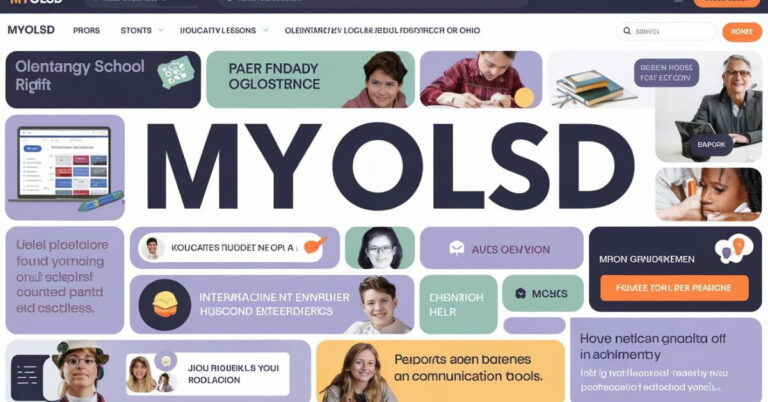Adult Education Programs: Empowering Lifelong Learners
Adult education programs are essential for individuals seeking to enhance their skills, pursue new career opportunities, or engage in personal development. These programs provide flexible, accessible, and diverse learning options tailored to the unique needs of adult learners. This comprehensive guide explores the various aspects of adult education programs, including their importance, types, benefits, and strategies for effective participation.
Understanding Adult Education Programs
1. What are Adult Education Programs?
Adult education programs are designed to meet the educational needs of adults beyond traditional schooling age. These programs encompass a wide range of learning opportunities, from basic literacy and numeracy skills to advanced professional training and personal enrichment courses.
2. Importance of Adult Education
- Career Advancement: Adult education enables individuals to gain new skills and qualifications, enhancing their employability and career prospects.
- Personal Development: These programs offer opportunities for personal growth, self-improvement, and lifelong learning.
- Economic Growth: By upskilling the workforce, adult education contributes to economic development and competitiveness.
Types of Adult Education Programs
1. Basic Education
Basic education programs focus on fundamental skills such as literacy, numeracy, and digital literacy. These programs are essential for adults who may have missed out on formal education or need to improve their basic skills.
2. High School Equivalency
High school equivalency programs, such as the General Educational Development (GED) test, provide adults with the opportunity to earn a credential equivalent to a high school diploma. This qualification can open doors to higher education and better job opportunities.
3. Vocational and Technical Training
Vocational and technical training programs offer specialized skills and certifications in various trades and professions. These programs are designed to meet the demands of the job market and provide practical, hands-on experience.
4. Continuing Education
Continuing education programs cater to adults seeking to further their education and professional development. These courses cover a wide range of subjects, including business, healthcare, technology, and the arts.
5. Community Education
Community education programs are typically offered by local organizations, community colleges, and non-profits. They provide a variety of classes and workshops on topics such as wellness, hobbies, languages, and more.
Benefits of Adult Education Programs
1. Flexibility and Accessibility
Adult education programs are often designed to accommodate the busy schedules of adult learners. They offer flexible learning options, including evening classes, online courses, and part-time programs.
2. Improved Quality of Life
By acquiring new skills and knowledge, adults can improve their quality of life, achieve personal goals, and contribute positively to their communities.
3. Enhanced Social Connections
Participating in adult education programs allows individuals to connect with peers, build networks, and engage in collaborative learning experiences.
Strategies for Effective Participation in Adult Education
1. Set Clear Goals
Identify your educational and career objectives before enrolling in a program. Having clear goals will help you stay motivated and focused throughout your learning journey.
2. Manage Your Time
Balancing education with work, family, and other responsibilities can be challenging. Develop a time management plan that allocates specific times for studying and attending classes.
3. Utilize Available Resources
Take advantage of the resources provided by your educational institution, such as tutoring services, libraries, and online materials. Seek support from instructors and peers when needed.
4. Stay Motivated
Adult education requires dedication and perseverance. Stay motivated by celebrating small achievements, staying connected with your support network, and keeping your end goals in mind.
Conclusion
In conclusion, adult education programs play a vital role in empowering individuals to achieve their personal and professional goals. By offering flexible, accessible, and diverse learning opportunities, these programs cater to the unique needs of adult learners and contribute to lifelong learning and development.







